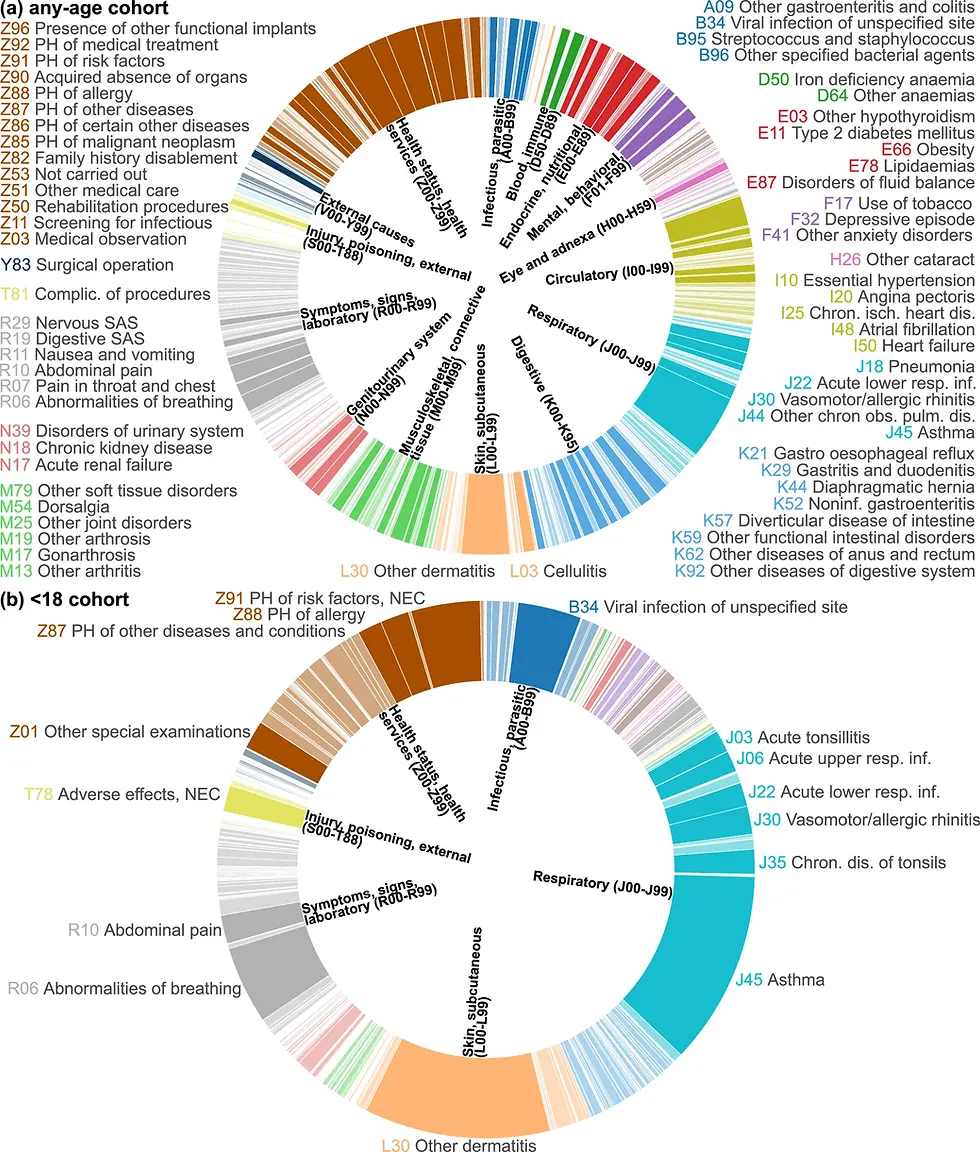Brief exposure to air pollution worsens skin conditions
- John Evans
- Apr 23, 2021
- 2 min read

Short-term exposure to air pollution arising from wildfire smoke appears to exacerbate some skin conditions. This is the conclusion of a study of healthcare resource utilization after the 2018 California Camp wildfires, which was published online ahead of print in JAMA Dermatology (April 21, 2021).
The investigators write that the findings may help develop a better, more general understanding of the relationship between air quality and skin health.
“Existing research on air pollution and health outcomes has focused primarily on cardiac and respiratory health outcomes, and understandably so. But there is a gap in the research connecting air pollution and skin health,” said the study’s lead author Raj Fadadu, in a press release. Fadadu is a student in the University of California Berkeley (UCB)-University of California San Francisco (UCSF) Joint Medical Program. “Skin is the largest organ of the human body, and it’s in constant interaction with the external environment. So, it makes sense that changes in the external environment, such as increases or decreases in air pollution, could affect our skin health.”
The research team examined data from more than 8,000 dermatology clinic visits occurring between Oct. 2015 and Feb. 2016, Oct. 2016 and Feb. 2017, and Oct. 2018 and Feb. 2019. During the Camp Fire period, dermatology clinic visits for atopic dermatitis (AD) and general itch increased significantly for both adult and pediatric patients.
“Fully 89 per cent of the patients that had itch during the time of the Camp Fire did not have a known diagnosis of atopic dermatitis, suggesting that folks with normal skin also experienced irritation and/or absorption of toxins within a very short period of time,” said the study’s senior author Dr. Maria Wei, a dermatologist and melanoma specialist at UCSF.
The study also documented increased rates of prescribed medications, such as steroids, during times of high air pollution, suggesting that patients can experience severe symptoms.
“A lot of the conversations about the health implications of climate change and air pollution don’t focus on skin health, but it’s important to recognize that skin conditions do affect people's quality of life, their social interactions and how they feel psychologically,” Fadadu said. “I hope that these health impacts can be more integrated into policies and discussions about the wide-ranging health effects of climate change and air pollution.”




Comments